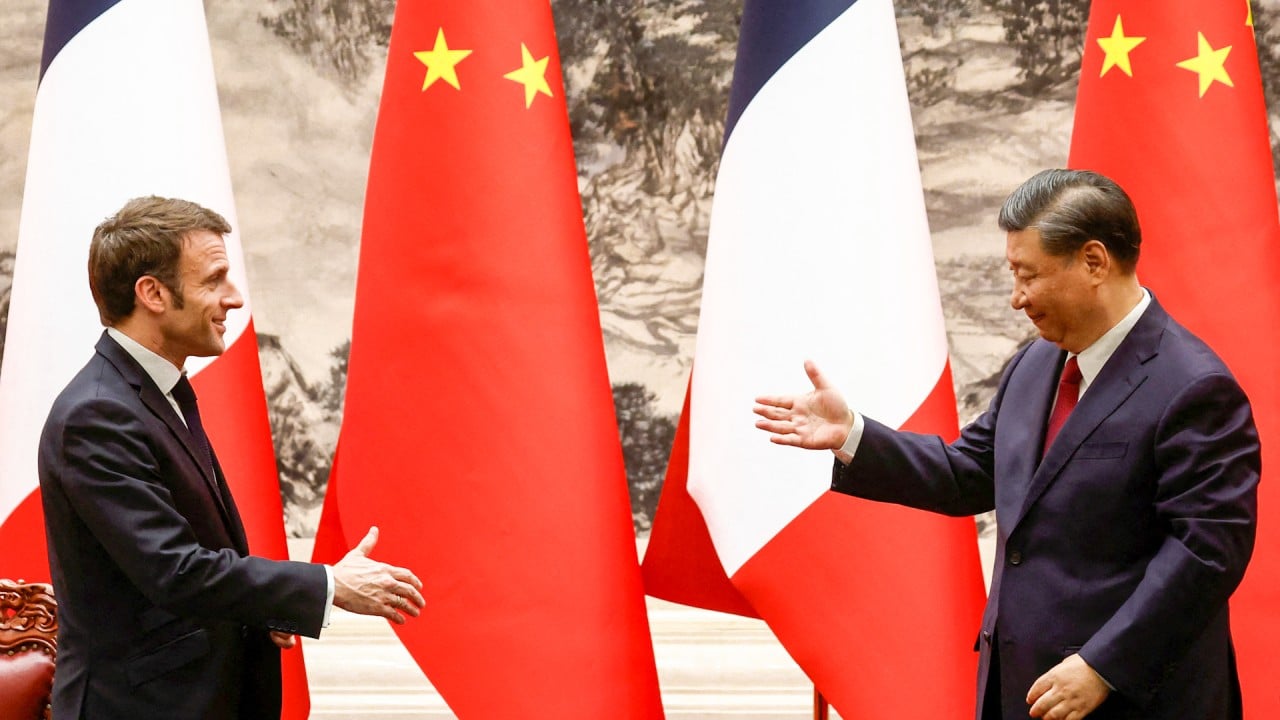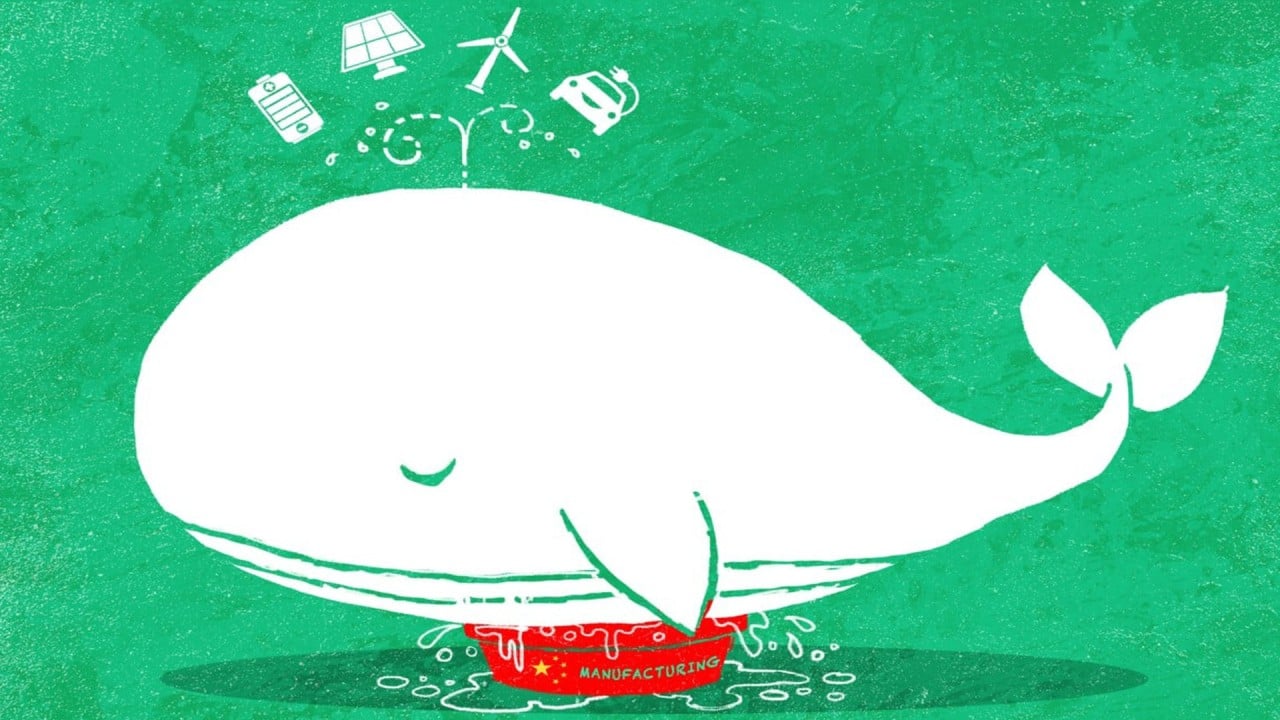Chinese companies pull out of solar projects after EU launches subsidy probe
On Monday, the commission announced that it had closed the investigations after the companies withdrew their bids.
“We are massively investing in the installation of solar panels to decrease our carbon emissions and energy bills – but this should not come at the expense of our energy security, our industrial competitiveness and European jobs,” said the European Union’s industry chief Thierry Breton.
The first solar entity that came under official scrutiny was a consortium involving a German subsidiary of Longi Green Energy Technology Co. Hong Kong-listed Longi is the world’s largest manufacturer of solar panels and is headquartered in the city of Xian in northwest China.
The second investigation concerned two subsidiaries of Shanghai Electric Group Co, a Chinese state-owned company.
The foreign subsidies regulation became part of Brussels’ economic defence arsenal last year. Its first four deployments – all in 2024 – have targeted Chinese firms.
However the firm pulled its bid from the procurement process weeks after EU regulators launched the investigation.
Separately, preliminary investigations are targeting unnamed Chinese companies in the wind turbine sector amid suspicion that components used in finished turbines received market-distorting state subsidies.
The raids, which Chinese business groups said went on for four consecutive days, were carefully calibrated to send political messages to Beijing.
The foreign subsidies regulation has added a layer of drama to the EU’s push to level the business playing field with Chinese competitors.
Whereas trade disputes often take months or even years to complete, probes under this tool must be completed in 110 days.
The regulation does not focus on whether state subsidies distort exports or imports, but rather their impact on companies that operate within the EU market. Local subsidiaries of Chinese firms can be investigated for subsidies received by their parent companies in China if they are found to have given them an upper hand in competing in Europe.
The law also demands levels of openness that many Chinese businesses are not ready for. EU authorities can command Chinese firms operating within the bloc to hand over their books for forensic scrutiny, with little time to get them in order.
Chinese business executives in Europe have complained that complying with regulators’ demands to hand over company information could put them on a collision course with laws in China.
Speaking to the Post last month, Fang Dongkui, secretary general of the China Chamber of Commerce to the EU, said that “in specific instances, the commission had requested confidential bidding information, including pricing details, contracts or documents containing business secrets that allegedly could be related to subsidies”.
These actions are “posing a risk [to Chinese companies] of breaching relevant tender regulations or Chinese laws”, he said.
Fang also complained about a “significant lack of transparency” during the commission’s probes into the Chinese-backed solar consortiums.
“Despite our awareness that several other companies, neither EU nor Chinese, participated in the bidding process, the commission has not offered any explanation or evidence for its decision not to investigate these other tenders,” Fang said.
“This lack of transparency suggests broader issues in the [foreign subsidies regulation’s] implementation, raising concerns that the commission may be engaging in discriminatory practices against Chinese companies.”

